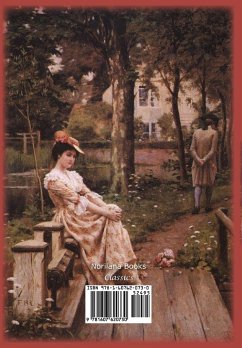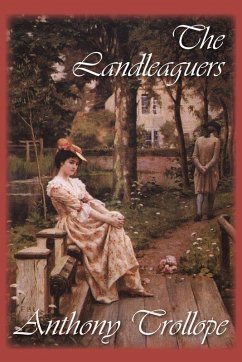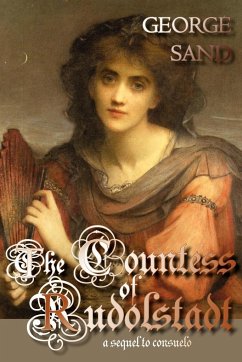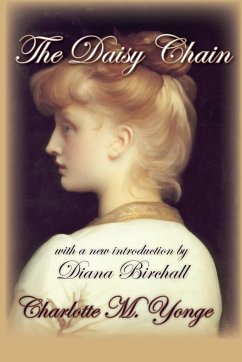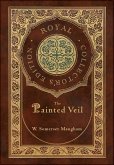The Landleaguers (1883) by Anthony Trollope is an earnest story of conflict and landowner and tenant rights in Ireland, based on the political events of 1881-1882, and the author's own strong convictions. Trollope cared deeply for the plight of the Irish people and traveled there extensively to chronicle and observe. In typical Trollope fashion, historical events and the exploration of social mores are tied into romantic relationships. Unfortunately the novel is unfinished; the beloved British Victorian author suffered a stroke and died before completing it. The intended ending is sketched in by his second son Henry Trollope in the postscript to the volume.
Bitte wählen Sie Ihr Anliegen aus.
Rechnungen
Retourenschein anfordern
Bestellstatus
Storno

